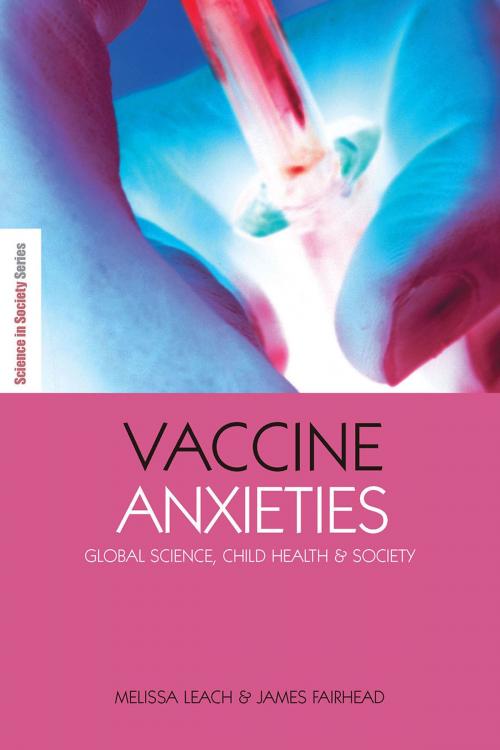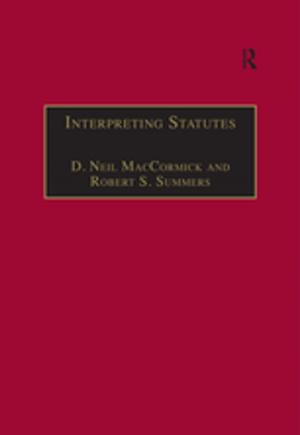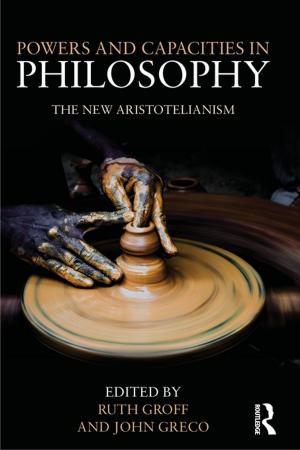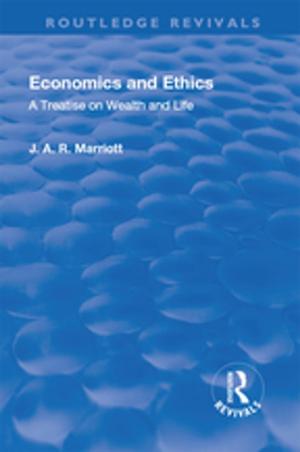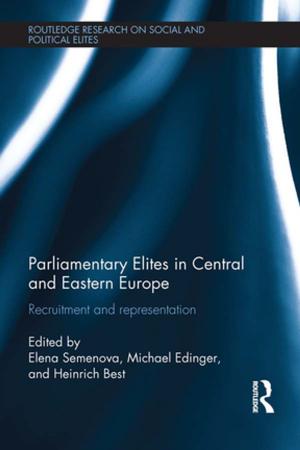Vaccine Anxieties
Global Science, Child Health and Society
Business & Finance, Industries & Professions, Insurance| Author: | James Fairhead, Melissa Leach | ISBN: | 9781136549229 |
| Publisher: | Taylor and Francis | Publication: | April 27, 2012 |
| Imprint: | Routledge | Language: | English |
| Author: | James Fairhead, Melissa Leach |
| ISBN: | 9781136549229 |
| Publisher: | Taylor and Francis |
| Publication: | April 27, 2012 |
| Imprint: | Routledge |
| Language: | English |
This book explores how parents understand and engage with childhood vaccination in contrasting global contexts. This rapidly advancing and universal technology has sparked dramatic controversy, whether over MMR in the UK or oral polio vaccines in Nigeria. Combining a fresh anthropological perspective with detailed field research, the book examines anxieties emerging as highly globalized vaccine technologies and technocracies encounter the deeply intimate personal and social worlds of parenting and childcare, and how these are part of transforming science-society relations. It retheorizes anxieties about technologies, integrating bodily, social and wider political dimensions, and challenges common views of ignorance, risk, trust and rumour - and related dichotomies between Northernrisk society and Southerndeveloping society - that dominate current scientific and policy debates. In so doing, the book reflects critically on the stereotypes that at times pass forexplanations of public engagement with both routine vaccination and vaccine research. It suggests routes to improved dialogue between health professionals and the people they serve, and new ways to address science-society relations in a globalized world.
This book explores how parents understand and engage with childhood vaccination in contrasting global contexts. This rapidly advancing and universal technology has sparked dramatic controversy, whether over MMR in the UK or oral polio vaccines in Nigeria. Combining a fresh anthropological perspective with detailed field research, the book examines anxieties emerging as highly globalized vaccine technologies and technocracies encounter the deeply intimate personal and social worlds of parenting and childcare, and how these are part of transforming science-society relations. It retheorizes anxieties about technologies, integrating bodily, social and wider political dimensions, and challenges common views of ignorance, risk, trust and rumour - and related dichotomies between Northernrisk society and Southerndeveloping society - that dominate current scientific and policy debates. In so doing, the book reflects critically on the stereotypes that at times pass forexplanations of public engagement with both routine vaccination and vaccine research. It suggests routes to improved dialogue between health professionals and the people they serve, and new ways to address science-society relations in a globalized world.
